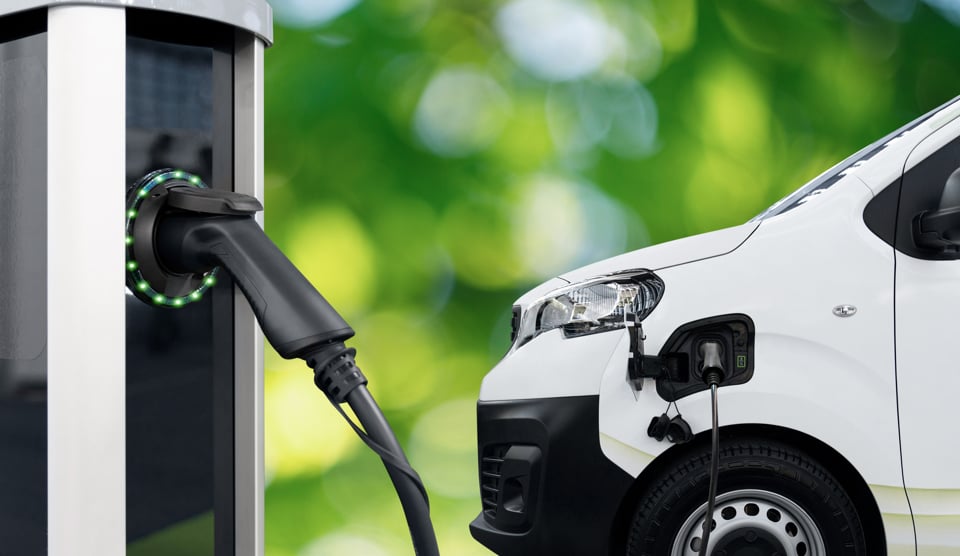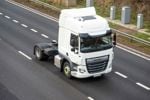The Government’s decision to give fleets longer to make the switch to zero-emission vans has been welcomed, but it is being warned that “material, effective incentives” will still be required.
The Department for Transport (DfT) confirmed on Monday (April 7) that it is ending the sale of new petrol and diesel cars from 2030, with hybrids to be sold until 2035.
Vans with an internal combustion engine (ICE) will be allowed to be sold until 2035, alongside full hybrids and plug-in hybrid light commercial vehicles (LCVs).
Paul Hollick, chair of trade body the Association of Fleet Professionals (AFP), said: “From a fleet industry point of view, the big news here concerns vans.
“While electrification of the company car parc has its difficulties – notably around very poor residual values – van electrification is proving much more problematic, with many operators finding current vehicles simply unsuitable for their needs in terms of range, payload and cost.”
Hollick says that the new revisions create a degree of “breathing space”, with diesel and hybrid vans available until 2035.
“This looks like a more realistic timeframe that will allow ongoing development of new vehicles and a process of adaptation by fleets,” he explained.
“However, there still needs to be material, effective incentives for operators to make the transition to electric vans over time, otherwise there is a possibility we are simply kicking the can down the road.”
Hollick argues that the ideas included in the Zero Emission Van Plan, the AFP created with the British Vehicle Rental and Leasing Association (BVRLA) and others last year, should be considered by ministers.
He added: “Overall though, it’s positive that the Government has listened to the fleet and motor industries, made changes to their approach, and appear to be open to making further revisions in the future in response to changing conditions.”
Registrations of new electric vans failed to hit Government targets in 2024, with sales figures from the Society of Motor Manufacturers and Traders (SMMT) showing a marginal increase.
New battery electric van registration volumes rose by 3.3% to 22,155 units, equating to a 6.3% market share – the same as in 2023.
Manufacturer targets for sales of new electric vans, contained within the zero emission vehicle (ZEV) mandate, required 10% of all new vans registered in 2024 to be zero emission. This year, that increases to 16% of all new vans.
Caroline Sandall-Mansergh, consultancy and channel development manager at Alphabet (GB), believes that allowing new hybrid vans to be sold until 2035 is a “sensible move”.
“The reality is that new zero-emission vans are not coming to market as quickly as we need them to,” she said.
“It’s a far more complicated and challenging problem to solve than with passenger cars, so this is a sensible move.”
Fleets are awaiting the Government’s response to a consultation that seeks to reduce the barriers to electric van adoption by defining the regulations for vehicles that fall within the 4.25-tonne derogation.
The DfT announced in February that fleets would continue to benefit from up to £5,000 off an electric van after it extended the plug-in van grant until April 2026.
The plug-in van grant will also remain at the same level, offering up to £2,500 when buying a small van up to 2.5 tonnes and up to £5,000 for larger van up to 4.25 tonnes.





















Login to comment
Comments
No comments have been made yet.